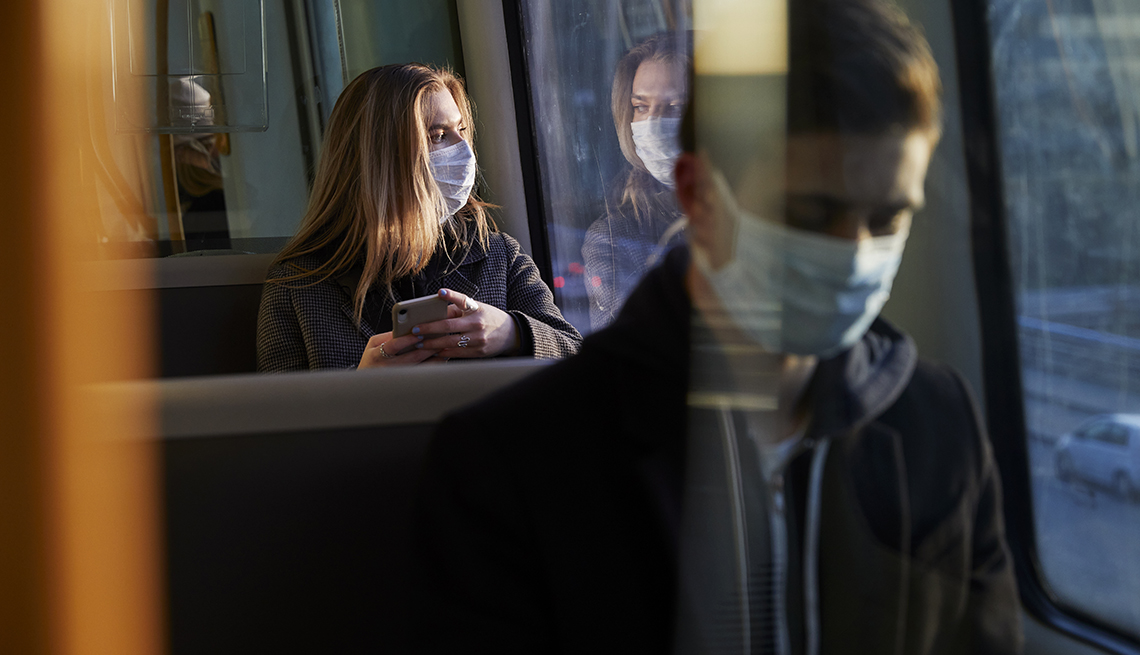Play all audios:
Cases of RSV (respiratory syncytial virus), a common respiratory virus that can be especially dangerous for babies and older adults, are on the rise, CDC data show. Others are “roaring back
to normal or even above normal” as well, Lawler says. And when you add COVID-19 to the mix, making sure the health system doesn't get clobbered is “going to be a bigger challenge this
fall than it was last year,” Lawler predicts. Add to it the fact that schools are returning for in-person learning this year. Health officials are recommending that everyone in schools,
regardless of vaccination status, wear a mask to help prevent the spread of COVID-19 and to protect younger children who aren't yet eligible for the vaccines. However, not all schools
are requiring them. "So it's going to be, unfortunately, a very ugly fall across much of the country,” says Lawler, who adds that communities with higher vaccination rates will
likely “do much better” than those where rates remain low. "We're probably going to see a combined epidemic wave of COVID, plus influenza, plus parainfluenza, plus RSV — all of the
other fall and winter respiratory viruses that we usually see, but actually had very low rates of last year,” he adds. VARIANTS COULD OUTSMART VACCINES While much of the focus remains on
delta, researchers are keeping a close eye on other circulating variants, including lambda, which originated in Peru and is responsible for about 1,000 cases in the U.S. So far, experts are
“not yet really worried” about lambda being more contagious than delta, which is about twice as contagious as the other variants, Francis Collins, director of the National Institutes of
Health, told ABC's George Stephanopoulos on Aug. 8, “but [it] needs to be looked at.” Scientists and health officials are also studying how the emerging variants stack up against the
current crop of vaccines. “So far, so good,” Collins said. “We don't have anxieties yet about delta or lambda or any of the others that are sort of lurking out there. But we all worry
about the day when a variant arises that is so different from the original Wuhan virus, that basically the vaccines stop working as well.” The best way to avoid that scenario? “Get as many
people vaccinated as quickly as we possibly can” before the virus has a chance to mutate into a more menacing version, Fauci said in a recent news briefing. "It's no question that
the vaccines are our answer to get out of this mess if we can get enough people to take them,” Lawler says. _Rachel Nania writes about health care and health policy for AARP. Previously she
was a reporter and editor for WTOP Radio in Washington, D.C. A recipient of a Gracie Award and a regional Edward R. Murrow Award, she also participated in a dementia fellowship with the
National Press Foundation._

